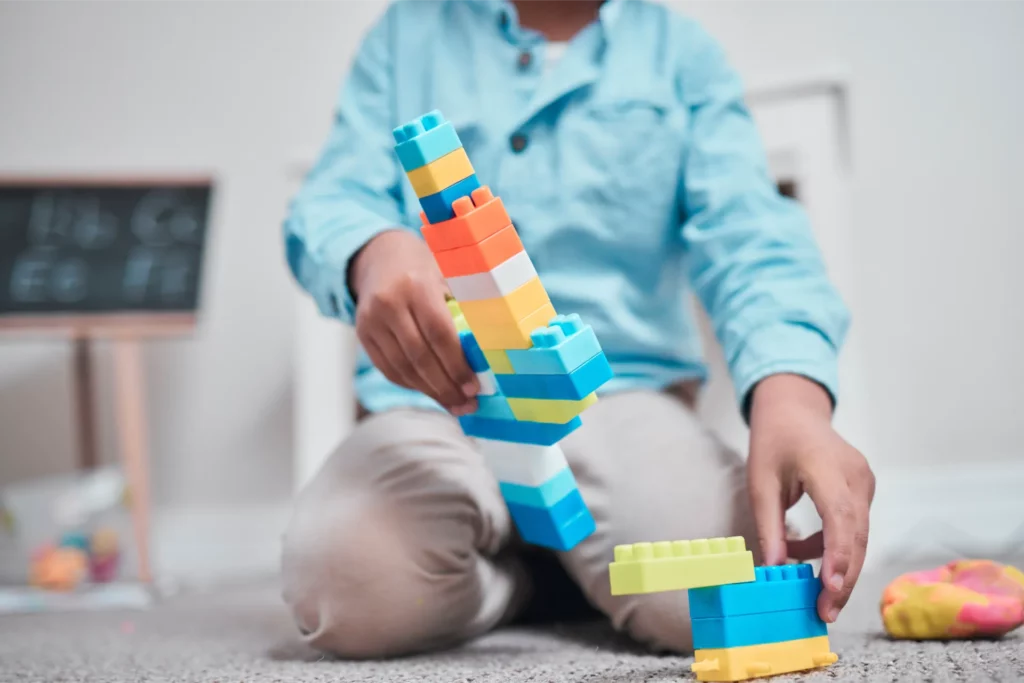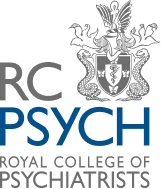ADHD Assessment for Children
Attention Deficit Hyperactivity Disorder (ADHD) Service for Children

ADHD Online Assessment
Overview
The questions to answer in the assessments are entered anonymously. You are not required to provide any contact information to receive your results. The assessments results are visual and detailed, providing information and assessment across multiple, different risk areas related to ADHD. The responses you provide are compared to those provided by individuals who have been diagnosed with an ADHD disorder to determine risk level.
Note: The brief questionnaires are not substitutes for a professional evaluation by a trained clinician.
How our therapy can help you
ADHD, or Attention Deficit Hyperactivity Disorder, is a neurodevelopmental condition that presents differently in children, with symptoms evolving as they mature. Notably, not all kids with ADHD display identical symptoms, and their intensity varies from mild to severe.
Symptoms often start to become noticeable in early childhood, usually before the age of 12. ADHD can affect various aspects of a child’s life, including school performance, social interactions, and family relationships. It’s essential to rule out other medical or psychological conditions that may mimic ADHD symptoms, as some medical conditions or trauma can lead to similar behaviours.
It’s essential to understand that these behaviours can be part of normal childhood development. An ADHD diagnosis is typically made when these behaviours are more frequent, severe, and persistent than what is considered developmentally appropriate for a child’s age.
Formal diagnosis usually occurs after six months of persistent symptoms that significantly disrupt daily life. There are three primary childhood ADHD presentations that need to be present for accurate diagnosis: Inattentive presentation (formerly ADD), Hyperactive-Impulsive presentation and Combined presentation, which is the most common type of presentation, encompassing both inattentive and hyperactive-impulsive symptoms.
The team is governed by strong professional principles when it comes to the practice’s young patients, insisting on seeing children face-to-face in the clinic for an ADHD assessment. This ensures each child is assessed comprehensively, with their behaviour, attention and how they function in various settings taken into consideration. Non-verbal cues, body language, and interaction patterns are also very valuable in helping to reach a diagnosis which can be more challenging when assessing virtually.

What to expect
The assessment is designed to be as thorough as possible and takes place in three phases.
First, information is gathered from adults who have responsibility for the child in different settings (usually parents and a teacher), including completion of the Connors rating scale.
Second, the child runs through a QbCheck at home (a simple objective measure of core ADHD symptoms using a laptop at home).
Lastly, child and parents attend a consultation with an experienced Consultant Paediatrician or Psychiatrist.
This helps to ensure accurate diagnosis and rule out common coexisting conditions.

Meet our team of experts



The team at Harley Row Clinic all come from diverse backgrounds and specialties, yet we have a shared belief in a holistic approach to mental health.

What our patients say
Frequently asked questions
What Are The Symptoms of ADHD
Inattentive Presentation (formerly ADD):
- Struggles to sustain attention in tasks or play and has difficulty concentrating
- Makes careless mistakes in schoolwork or other activities.
- Difficulty organising tasks.
- Avoids or dislikes tasks requiring sustained mental effort.
- Frequently loses items like school supplies or toys.
- Easily distracted by extraneous stimuli.
- Forgetfulness in daily activities.
Hyperactive-Impulsive Presentation:
- Fidgets or taps hands and feet.
- Can’t stay seated when expected.
- Runs or climbs in inappropriate situations.
- Unable to play or engage in activities quietly.
- Talks excessively.
- Often interrupts conversations or games.
- Difficulty waiting their turn.
Combined Presentation:
- The most common, combining inattentive and hyperactive-impulsive symptoms
What happens in an ADHD assessment?
The Conners questionnaire consists of around 40 items on three separate forms for parents or carers, teachers, and child or young person (if aged 8 years or more).
Other screening tests for ADHD are available but the Conners remains the gold standard among specialists.
In addition, it is helpful if a ‘strengths and difficulties’ questionnaire is completed before the consultation. This gives the paediatrician a broader view of how your child is finding life at school and can sometimes point towards a diagnosis other than ADHD – for example, autism or a specific learning difficulty. The Harley Row administration team can send this and the Conners form to the appropriate teacher once the consultation has been arranged.

Price List
Children’s ADHD Diagnosis Assessment
First Medication Consultation ......................... £300
(30 minutes) Virtual
Consultation ........................................ £400
(45 minutes) FTF
Follow up – 30 min .......................................... £250
Follow up – 45 min FTF ................................. £350
ADHD Children’s Diagnostic Confirmation Implementation
(Already Diagnosed wants to start medication) (virtual) up to 1½ hours
FTF Harley Street/Forest Row ........................ £800
Up to 1½



